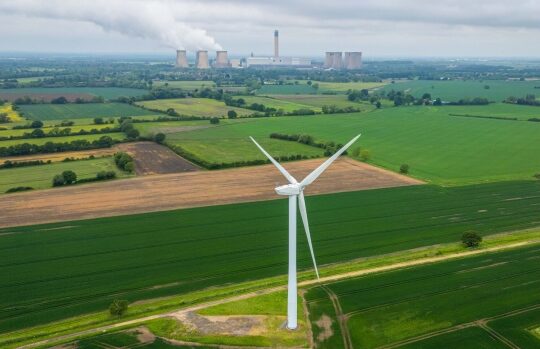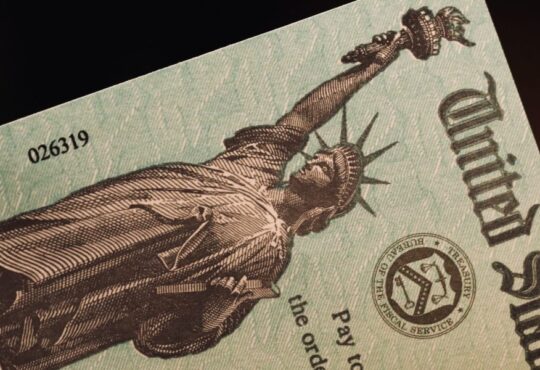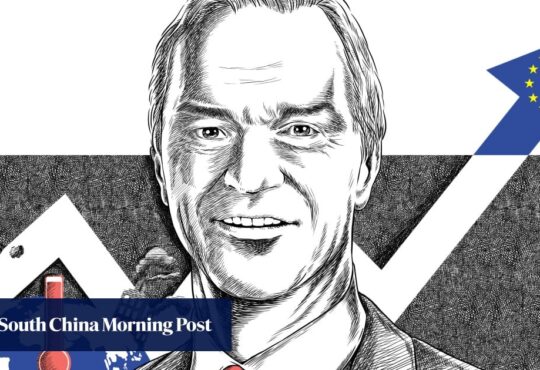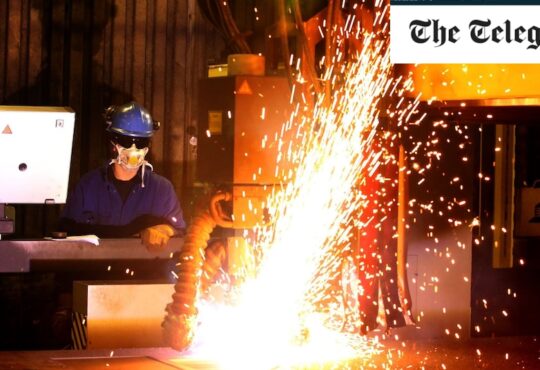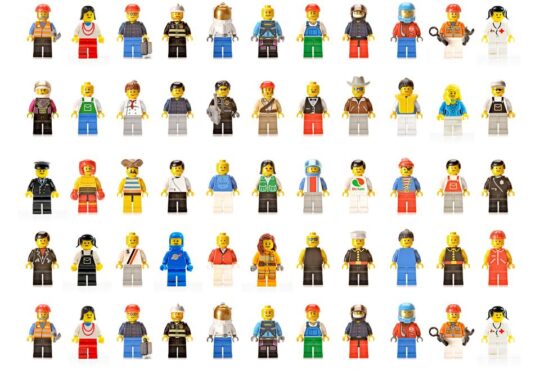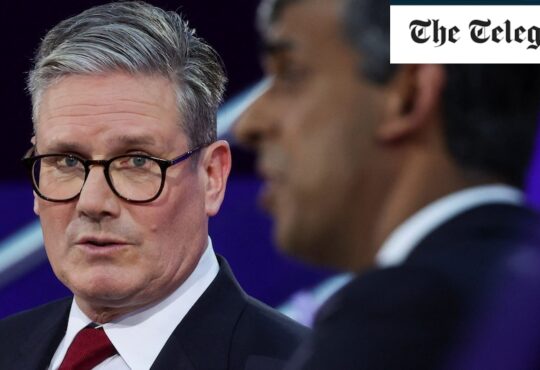Unlock the Editor’s Digest for free
Roula Khalaf, Editor of the FT, selects her favourite stories in this weekly newsletter.
British retail sales rebounded much more than expected as consumers became more confident amid slowing inflation, providing some good news about the economy ahead of the election.
The quantity of goods bought increased 2.9 per cent between April and May, following a sharp contraction in the previous month and marking the fastest growth since January, the Office for National Statistics said on Friday.
Warmer weather helped to boost spending on clothing and furniture, the ONS said, with the rise exceeding the 1.5 per cent expansion forecast by economists polled by Reuters.
Public finances were also better than expected in the first two months of the financial year, separate data released on Friday showed, but continued to signal huge challenges facing the next prime minister.
The ONS revised up April’s retail sales, from a fall of 2.3 per cent to a decline of 1.8 per cent. The revision, along with last month’s strong growth in sales, suggests that economic growth in the second quarter might be stronger than the 0.4 per cent currently forecast, according to Rob Wood, economist at Pantheon Macroeconomics.

During the first quarter, the economy grew 0.6 per cent, the fastest in two years and enough to lift the UK out of recession.
Although the figures show marked economic improvement, they may be too late or too modest to raise the electoral chances of the Conservative party, which trails Labour by 20 points with less than two weeks until polling day on July 4.
Separate data published by research company GfK showed that consumer confidence rose for the third consecutive month in June to its highest level since November 2021, even though it remained well below its 2015-19 pre-pandemic average.
But UK business activity expanded at the slowest rate since November, according to a closely watched survey that suggested spending decisions were put on hold due to the general election. It also pointed to the “stubbornness” of inflationary pressures.
Andrew Wishart, economist at Capital Economics, said retail sales data for May showed “tentative signs that strengthening real income growth now inflation is back at target is feeding through to stronger spending”.
He added: “With inflation falling back to target and consumer confidence improving, retail sales may well continue to strengthen.”
Public sector borrowing was £33.5bn in the first two months of the financial year, £0.4bn more than in the same two-month period a year earlier, but £1.5bn less than the £35bn forecast by the Office for Budget Responsibility, the UK fiscal watchdog. Borrowing in May was also up from last year as government spending on public services and benefits increased, but the rise was less than forecast by the OBR.
However, the challenge around public finances remains significant for any incoming government. Public debt — the sum of past borrowing over time — relative to the size of the economy rose to 99.8 per cent in May, up 3.7 percentage points from a year earlier and the highest level since the early 1960s.

Alex Kerr, at Capital Economics, said May’s public finances figures “delivered some better news on the fiscal position after the recent run of worse than expected out-turns”. But he added that “they do little to reduce the scale of the fiscal challenge that awaits the next government after the general election”.
The S&P Global flash UK PMI composite output index — where any figure above 50 represents growth — fell below analysts’ expectations to 51.7 in June from 53.0 in May, according to data also published on Friday.
The slowdown was driven by businesses in the services sector reporting spending decisions being put on hold ahead of the general election. Worryingly, the survey also showed that growth of prices charged across the private sector rose to a four-month high in June.
Chris Williamson, economist at S&P Global Market Intelligence, said that while a slowdown in economic growth may prove temporary should businesses react positively to the policies announced by the next government, “the stubbornness of underlying inflationary pressures above the Bank of England’s target still looks somewhat ingrained”.

